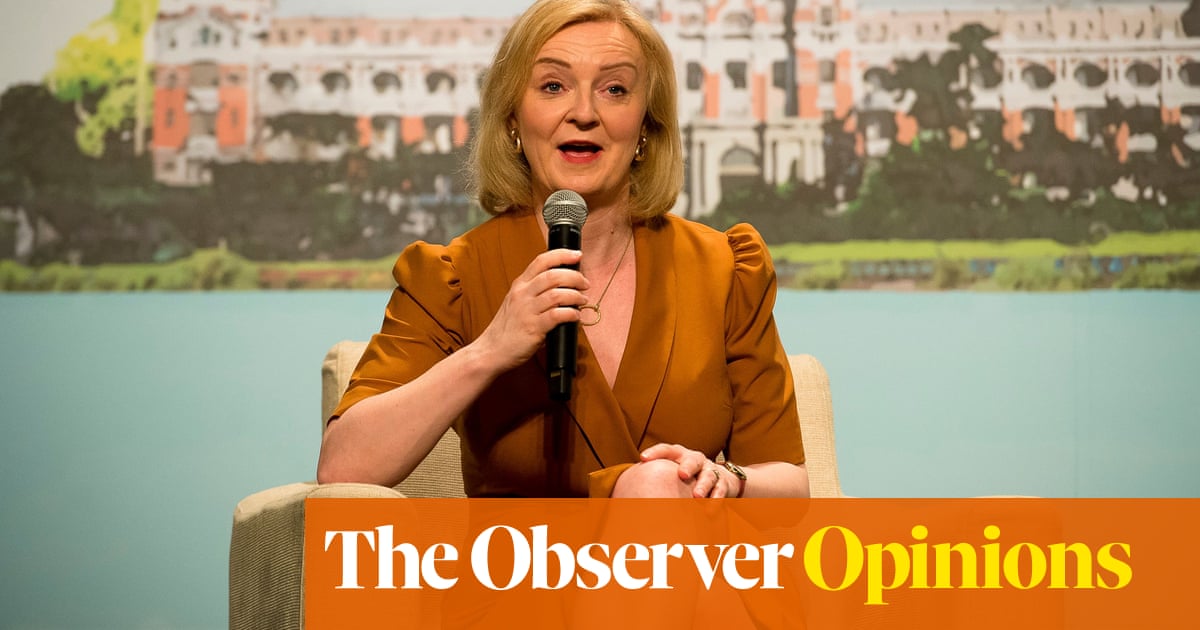
Of all the questions prompted by the Football Association’s announcement that it is considering selling Wembley for about £600m to the car parts and NFL billionaire Shahid Khan, one, bluntly, was whether that is actually enough money.
For people who believe this is a line too far in the steady sale of football’s soul, no amount of cash would be appropriate to transfer England’s historic home to a US entrepreneur. For those prepared to entertain the proposition that this will unlock a game‑changing amount of money for the regeneration of football’s real soul at the grassroots, the question is more specific: how the FA can justify selling the stadium for less than the £757m it cost to build.
One answer is simply that a unique place such as Wembley is worth what somebody is prepared to pay for it. This offer from Khan, who wants to secure the stadium for his Jacksonville Jaguars NFL team, is the first. The FA chairman, Greg Clarke, said in his letter to the FA council confirming the negotiations that a City advisor – understood to be Rothschild – has been retained, and is said to consider the mooted £600m a fair price. There is no exclusivity in the process with Khan, so if there are other potential operators interested in buying Wembley, they are free to make rival offers.
A further informed view can be gleaned from exhuming the saga of Wembley’s reconstruction, which the FA took over when the British Olympic Association rejected the proposed solution of building a running track on removable concrete blocks. The FA originally took out a £426m loan package led by the WestLB bank, and ultimately paid £493m to the Australian company Multiplex, which had agreed to rebuild Wembley at a fixed price. Multiplex made a substantial loss on the escalation of the cost to £757m and the FA had borrowed much less than that to take possession of the ground in 2007.
The following year the FA refinanced the £341.5m it still owed from the original loan, bringing annual interest payments down by £4m, from £31m to £27m during that year. Some FA veterans recall this struggle, after the governing body moved its offices to the new Wembley’s circular corridors, and the effort to whittle the debt down to the manageable £140m left now, and question the idea of selling.
Yet those seriously considering the sale argue the accumulated costs of all the interest and capital repaid must be balanced by a recognition that the FA also earned heftily in that time, from the Club Wembley packages and ticket prices – criticised as excessive by fans since the first kick-off. The FA argues it will release huge money for its core purpose of improving the grassroots, while continuing to play England matches and FA Cup finals and semi-finals at Wembley and retaining its Club Wembley cash cow.
As for the public playing facilities that Clarke absolutely pledged will be the beneficiaries of any sale, £500m is a serious prospect. When the Football Foundation was formed in 2000 to administer the promised investment from the Premier League of 5% of its TV revenues – its current contribution of £100m annually to facilities and projects does not equate to 5% – it commissioned a report on the ruination it was taking on. The audit found that the years of underinvestment, mostly under the 1979-1997 Conservative governments that cut funding to local authorities, had left a landscape of mudbaths and crumbling old changing rooms that would take £2bn to fix.
The Foundation has given many millions in grants to clubs and worked in partnership with local authorities since then but the majority of young and amateur footballers bear weekly witness to the same old squalor. Unlocking £500m tied up in a north-west London venue would make a very major difference and, although Sport England and the government have their original grants tied up in Wembley, further public funding should be attracted if the FA really puts up so huge a sum.
Clarke said in his letter that one in three grass pitches nationwide are considered inadequate. That is perhaps more a cause for shame than the idea of selling Wembley to improve them.(The Guardian)












